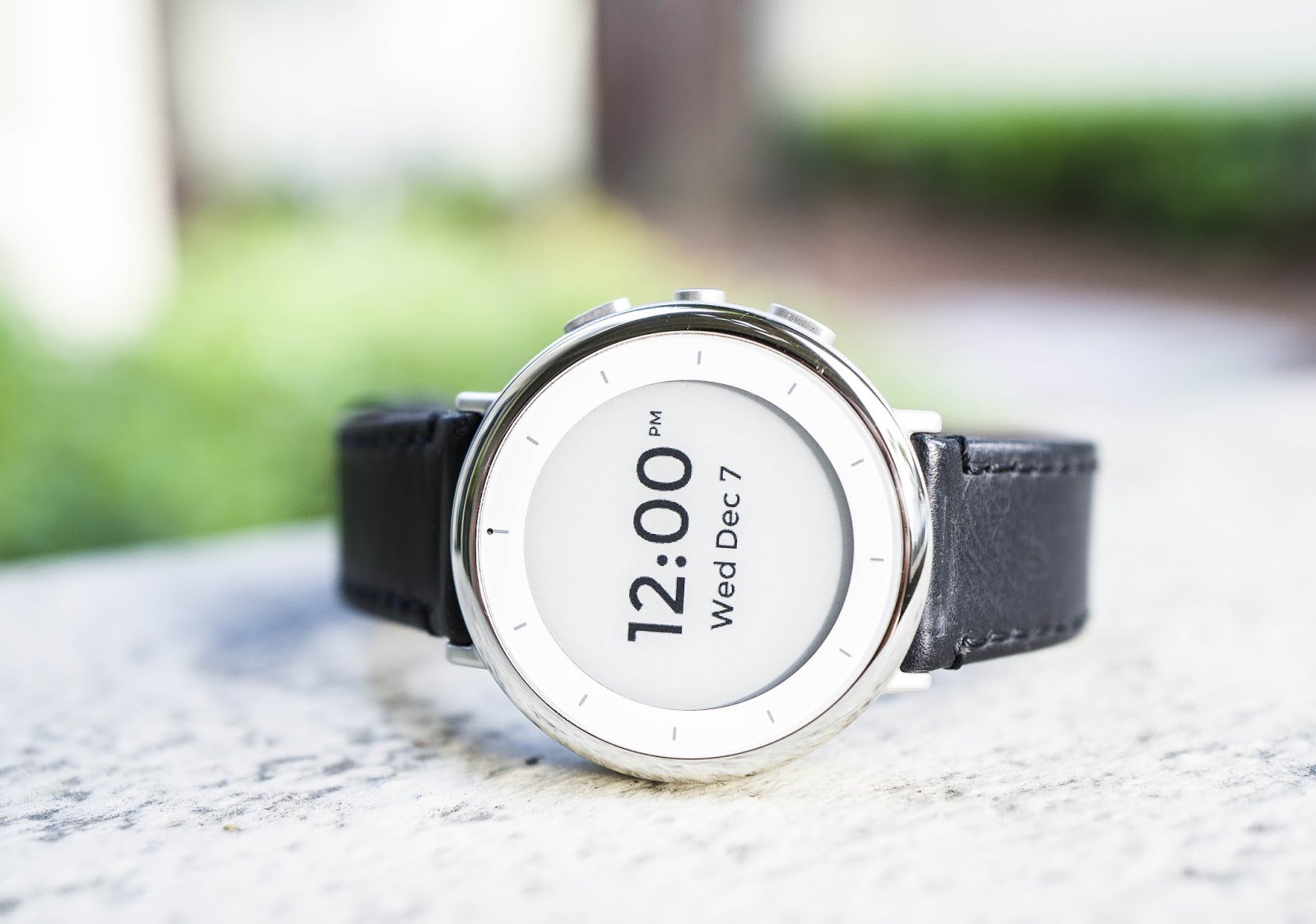Verily unveils the Study Watch, a clinical trials-only wearable

Verily has unveiled its ‘Study Watch’ – a device which will automatically collect data from clinical trial participants wearing it on their wrist.
Featuring multiple physiological sensors such as a heart rate tracker, a battery that can last up to one week, and internal data storage, the Smart Watch is intended to gather as much research data with as few interruptions as possible.
The Study Watch will only be used in several Verily-led observational studies to begin with, including its long-awaited Personalized Parkinson’s Project – a 650-participant, multi-year study based in the Netherlands aimed at identifying Parkinson’s disease progression signals.
Examples of the signals it can record include electrocardiogram (ECG), heart rate, electrodermal activity, and inertial movements.
The device has an always-on display, and is designed to blend into normal life, again in an attempt to safeguard against stretches of patchy or non-existent data.
All data stored on the watch are encrypted before being uploaded and processed in the cloud using Verily’s backend algorithms and machine learning tools – a feature that lends the watch to large population studies.
“Study Watch represents another step in our targeted efforts to create new tools for unobtrusive biosensing,” the company wrote in a blog post. “While numerous wearables exist in the market, we have a specific need outside of these offerings: namely, the scalable collection of rich and complex datasets across clinical and observational studies.”
It will also be featured in its Baseline Study which looks to gather a fundamental dataset of human health for reference when investigating disease progression. The study will follow 10,000 participants over a four-year period.
Verily says the device is solely for clinical research and not consumers, but won't be offering the Study Watch to third party investigators just yet. Presuming this is only a question of when not if, Verily will find that there are already companies offering similar services.
Clinical research organisations are already offering electronic patient-reported outcome (ePRO) services via wearables in trials, including using mobile devices with Android, Windows 8 and iOs operating systems. One company offers dedicated mobile devices for use in clinical trials, as well as allowing patients to use their own device and smartphone apps to record this kind of data.
Meanwhile, there are rumours about a range of wearables from Apple which could also step in to this arena.
Which side of the research-consumer fence Apple’s wearables will fall remains to be seen. However, considering the plateauing of consumer interest in wearables and a switch in focus toward the research market from major competitors like Fitbit, avoiding the consumer market may be a better decision in the long run.
Research-aimed wearables would also fall in line with Apple’s existing platform ResearchKit – the company’s attempt to provide an infrastructure for researchers to create clinical study apps.












